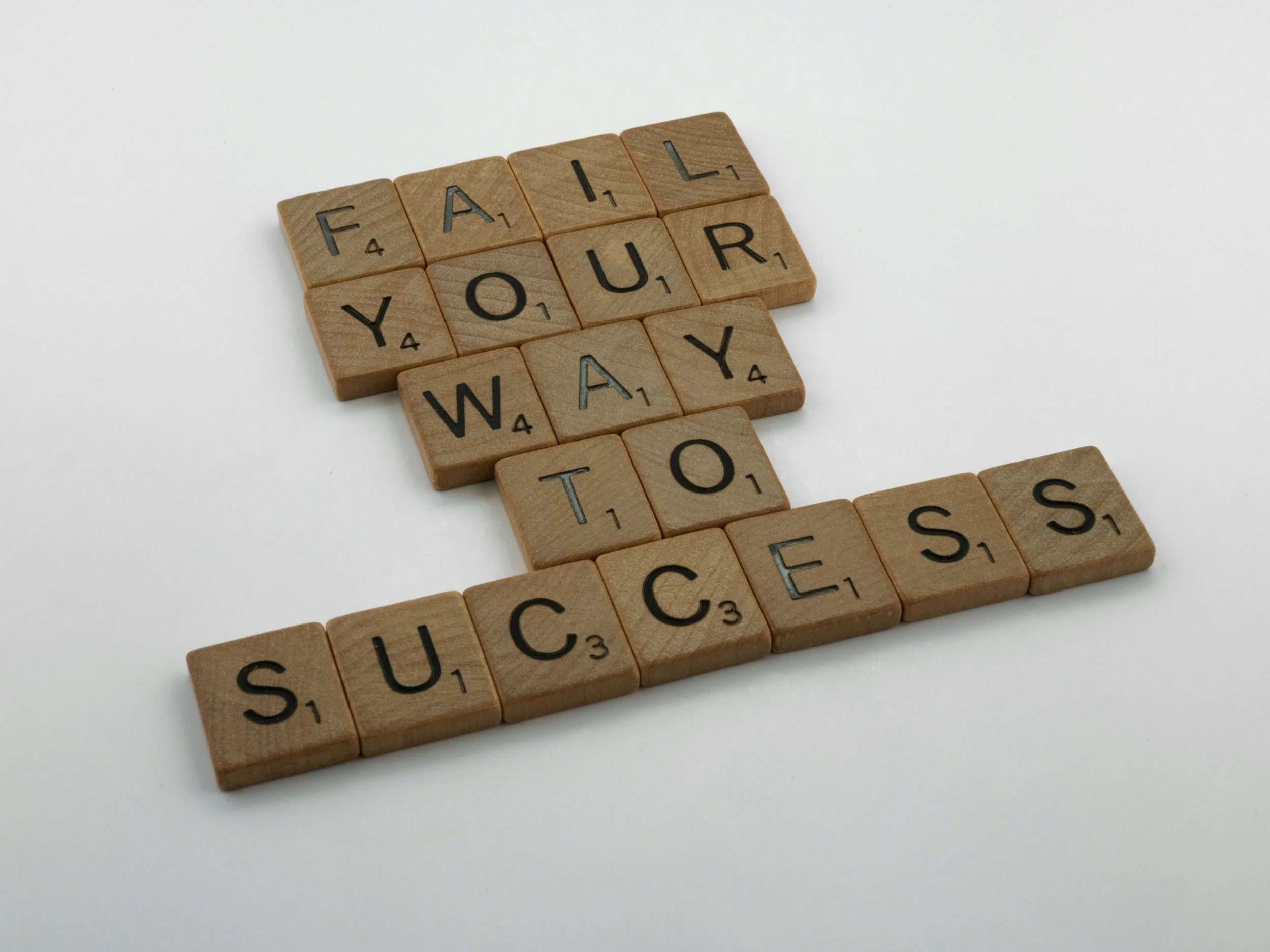💡 Letting Little Ones Fall to Grow Tall: Why Failure Builds Resilient Preschoolers
Why It’s Okay for Your Preschooler to Fail (and Why You Should Let Them)
As parents and educators, our instinct is to protect our children. We want to pave the way for their success and shield them from disappointment. But what if we told you that failure is one of the most powerful teachers in early childhood development?
Allowing young children to fail in safe, supportive environments helps them develop resilience, problem-solving skills, and a growth mindset—all crucial qualities for lifelong success.
📚 What the Research Says
According to a study published in Child Development, children who experience manageable failures and are guided through them by caring adults are more likely to persevere and less likely to fear mistakes later in life (Leonard et al., 2020).
Similarly, Stanford psychologist Carol Dweck’s renowned research on growth mindset shows that when children are praised for effort rather than outcome, and allowed to make mistakes, they become more motivated and confident learners.
In short: children need room to struggle in order to grow.
🌱 How Failure Helps Preschoolers Learn
Letting children fail doesn't mean leaving them unsupported—it means:
💭 Building critical thinking: Kids learn to ask, “What can I try differently?”
💪 Boosting emotional regulation: Handling disappointment builds inner strength.
🧩 Strengthening independence: Kids gain confidence through trial and error.
🤝 Deepening social-emotional learning: Navigating failure teaches empathy and problem resolution.
💡 Real-Life Preschool Examples
A child spills their water trying to pour it themselves. Instead of stepping in, we offer a towel and say, “Spills happen! Want to try again?”
A block tower falls down for the third time. We ask, “What can you try next?” instead of rebuilding it ourselves.
Each of these moments offers natural opportunities for growth, emotional development, and skill-building.
🧠 Tips for Parents & Educators
Avoid rushing in. Let children attempt things before offering help.
Model resilience. Talk about times you’ve made mistakes and learned from them.
Praise effort, not perfection. Say “You worked hard on that!” instead of “Good job!”
Let them problem-solve. Ask open-ended questions like, “What do you think you could do next?”
Create a safe-to-fail environment. Mistakes are welcomed and normalized.
Final Thoughts
At Evergreen Explorers Preschool, we believe failure is not the opposite of success—it’s the path to it. We strive to create a supportive, nurturing space where children feel safe to try, fail, and try again. By embracing failure as part of learning, we raise resilient, curious, and capable children.
#PreschoolParenting #GrowthMindsetKids #LetThemFail #ResilientKids #PreschoolEmotionalDevelopment #ChildDevelopment #MontessoriMindset #PreschoolLearning #FailureIsFeedback #PreschoolNearMe #OlympiaPreschool #HawksPrairiePreschool #LaceyPreschool #EvergreenExplorersPreschool


